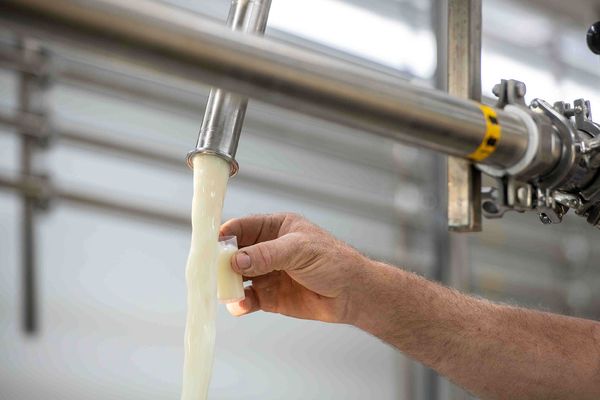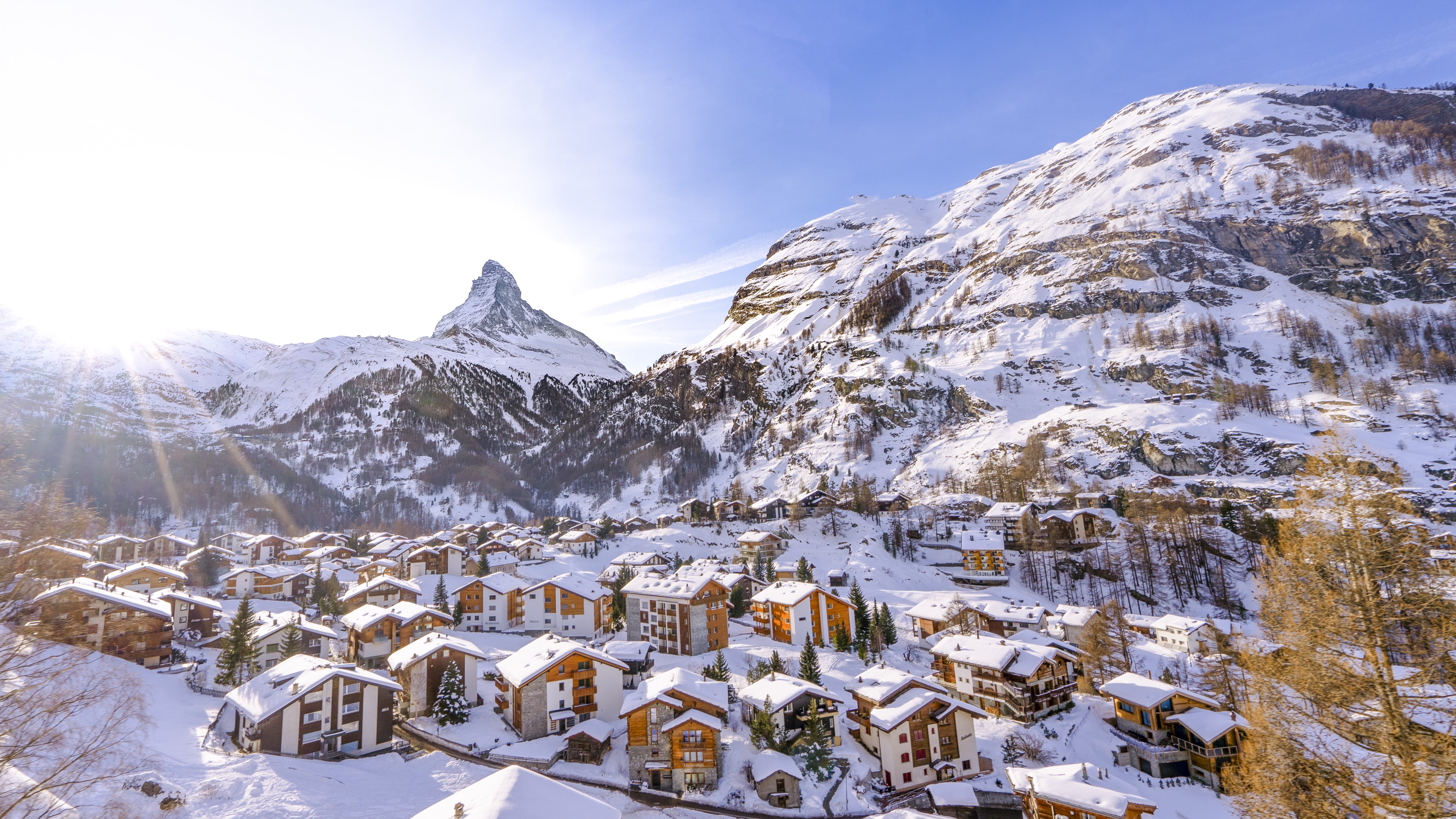
When I was 27, I quit my job and left the city to go and live in a Colorado ski town. I wasn’t a lifelong skier and I didn’t have any family out west – in fact, relocating to the Rockies had me moving another 5,000 miles further away from my parents and siblings. I had no job lined up or any savings to speak of. What I had going for me is that I’d been chewed up and spat out by the machine that tells us career is the ultimate goal and, having visited Colorado a few times, had the distinct impression that there might be a different way of going about things.
After a few months of secretly considering my move, I took a big leap of faith and traded in my office slacks for ski pants, landing in Vail in 2009. I went from living in a small but nice upper east side apartment to sharing a house with four ski bums. I picked up waitressing work, something I assumed I’d left back in my college days. Some of my friends were envious of what I’d done, some of my parents thought I was crazy. I ended up staying for 11 years. Here’s what I learned along the way:
1. Life shouldn’t revolve around work
Like a lot of people, I went straight from high school to college, straight from college to a career and then started chasing promotions. By the time I was 25, I was living in New York City, helping to promote the careers of the world’s biggest bands and, despite being permanently exhausted, generally feeling pretty successful. But only because my resume said I was. All of my friends worked in the same industry as me and all of the conversations and “adventures” related to my career. Basically, my whole identity was wrapped up in my career and I couldn’t imagine life without it.
So I was surprised, upon my first visit to Vail, to discover that there’s a different way to do things. There are lots of well-educated, highly-skilled people in resort towns who work a low-pressure, low-commitment job that affords them enough funds to do what they want and enough freedom to actually do it. They leave their job behind at the end of the day and you know what? They’re pretty happy not being CEOs or hedge fund managers.
The moment I moved to the mountains, my entire perspective around work/life balance shifted. Life suddenly became an adventure to be enjoyed, not something to survive so you can accomplish career-based goals. Work became a necessity to afford the lifestyle I desired, but not something to define my identity or keep me awake at night. I no longer worry about status and it’s done wonders for my self-esteem.
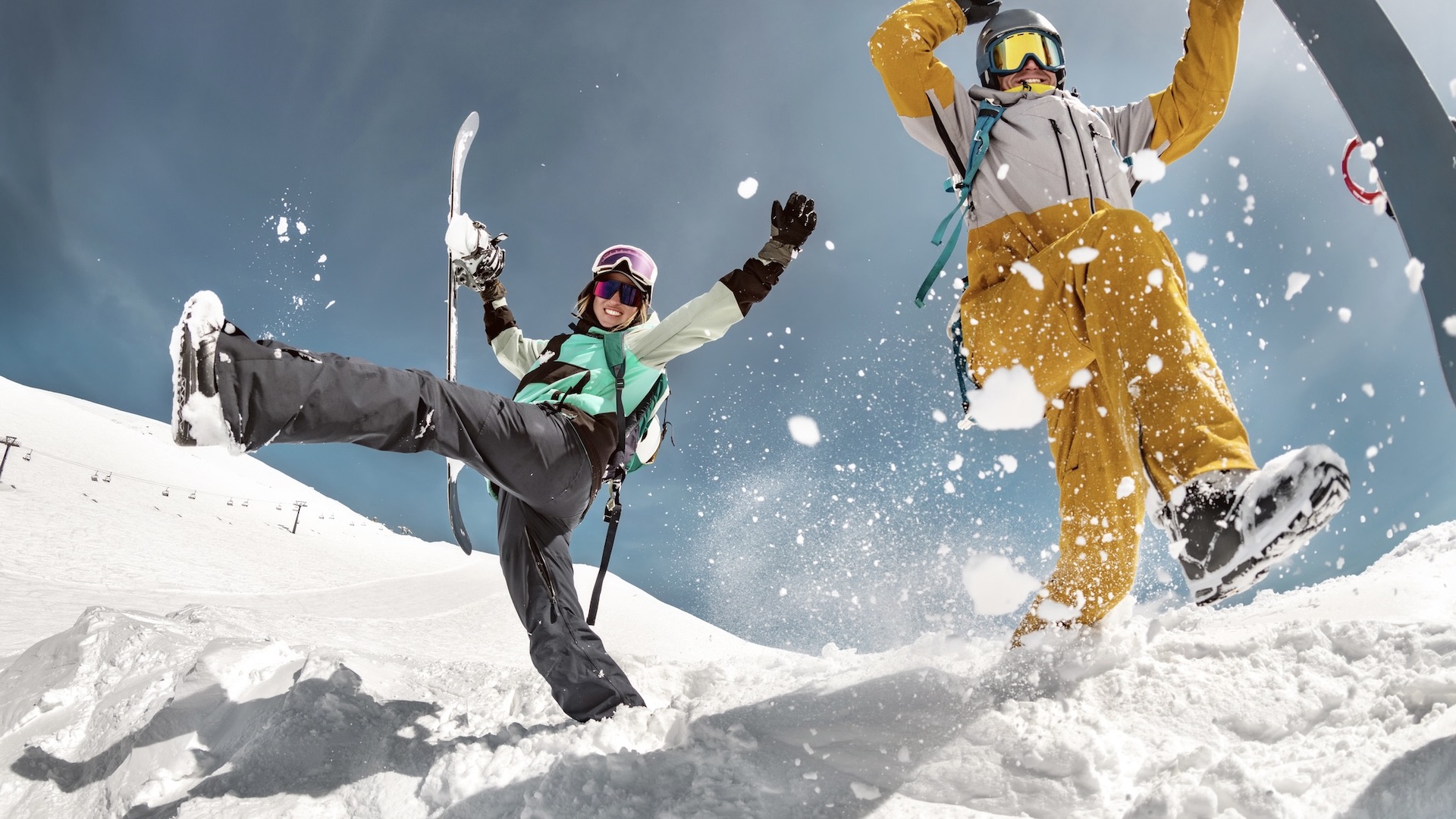
2. The art of non-attachment
As a yoga teacher, non-attachment is something I’d been studying for a while by the time I made the decision to move, and while I definitely understood the theory, I’m not sure I really got the practice until I was standing on the sidewalk on 78th street with all of my worldly possessions packed into two bags waiting for a cab to take me to the airport to start my new life.
When you want to make a big change in life, it’s easy to try to build a life raft “in case things don’t work out.” I remember trying to figure out if I could do my job remotely so I wouldn’t have to risk having no income while I slowly transitioned into something else (this was years before such an idea became commonplace). But when you give up everything – career, furniture, status – and start from scratch, you quickly learn how little most of that stuff really matters to you.
The art of non-attachment has become invaluable to me over the years. When you live in a ski town, you need to get used to your friends moving away and jobs and apartments coming and going like the wind. On the plus side, you see no issue with working all season long and saving money then blowing it all on a month-long backpacking trip through southeast Asia come the spring. And ultimately, when it was time for me to move on, it made it easier for me to pick up sticks and start again.
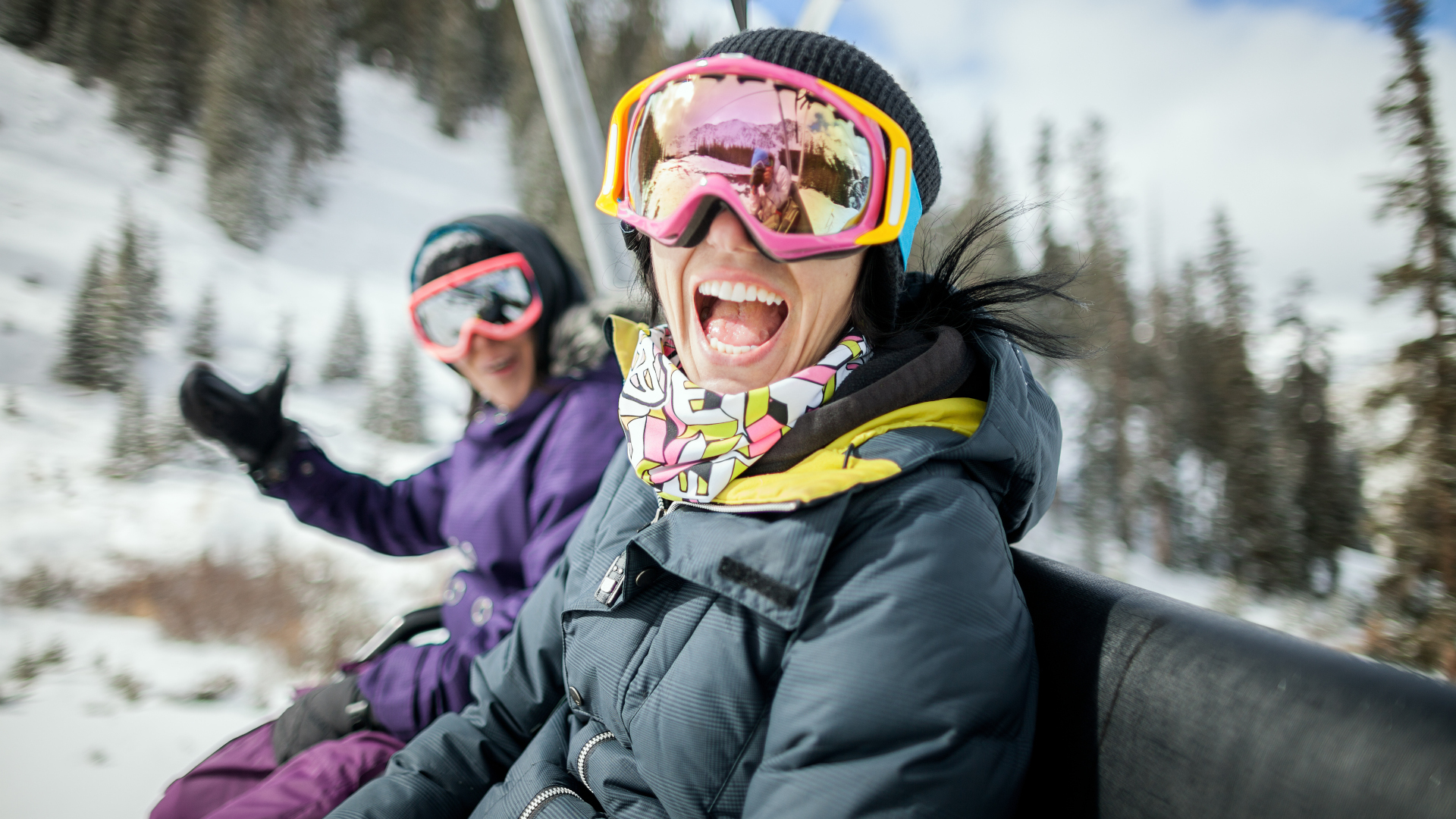
3. Life in a ski resort isn’t a vacation
Luckily for me, I didn’t grow up going on lavish ski vacations so I wasn’t especially disappointed to discover that living in in a resort isn’t the same as being on holiday in one, but I had enjoyed a few ski trips before I moved out where I fell in love with the twinkly, festive vibe that comes with a ski holiday.
Living in a ski resort really isn’t the same as vacationing in one, however. For starters, in most resorts you're not likely to be able to live a stone’s throw from the gondola. That housing is usually reserved for short-term rentals or will set you back a few million dollars. Resort employees typically live at the edge of town, or even in a different town altogether, and have to travel in all conditions to get to the slopes. The restaurants and bars in a ski town all suffer from what is colloquially termed “elevation taxation” meaning you won’t be able to afford to eat regularly in the local restaurants and you’ll probably spend far more time washing dishes than dining in them.
Before you get too disappointed however, you never really lose your sense of awe at living in the mountains, and there are those days when a bomb cyclone closes all the roads, the tourists can’t get in and you get all that powder to yourself.
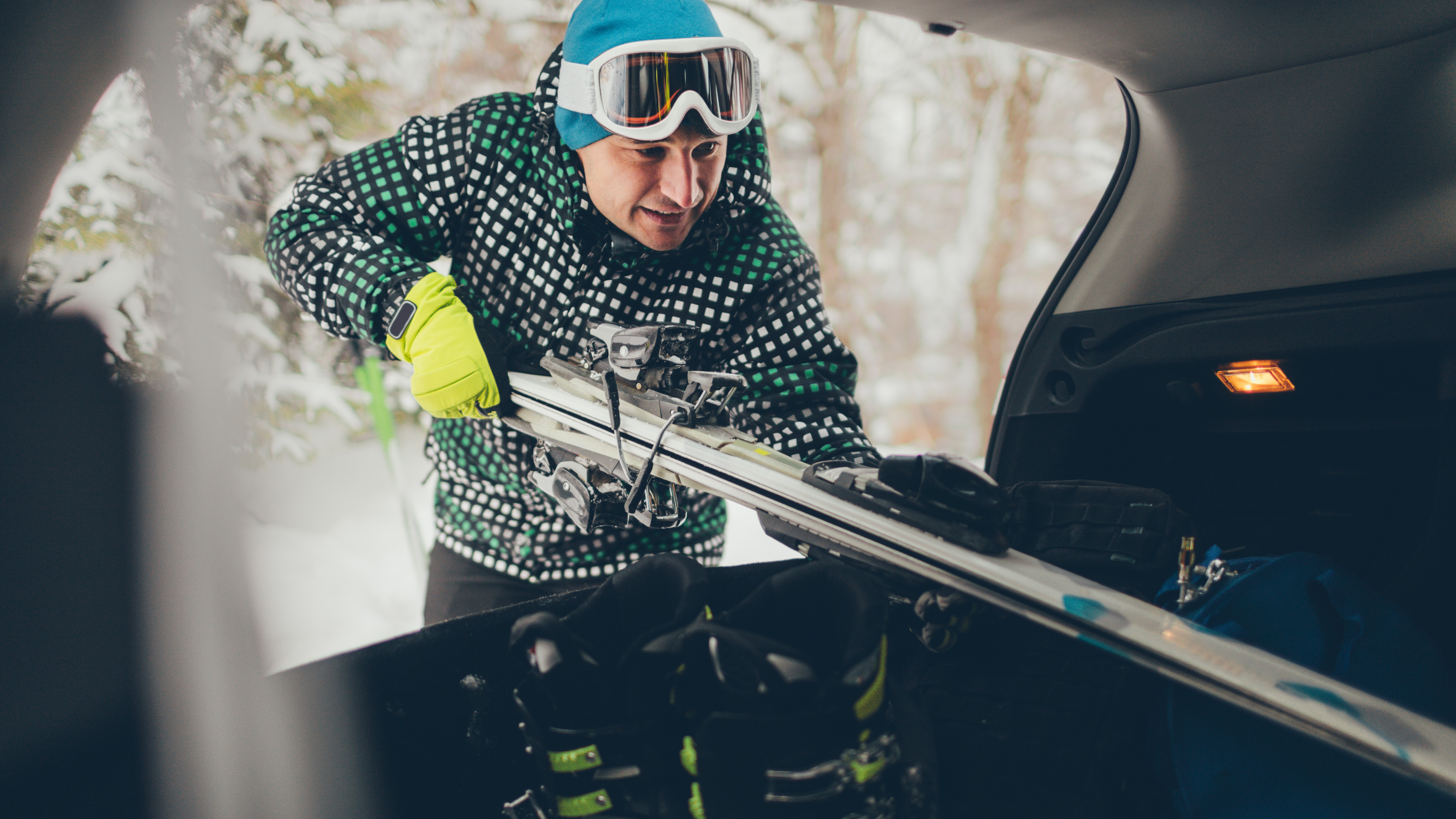
4. Mountain life can be a grind
Just because life in a ski town doesn’t revolve around having a career, doesn’t mean you won’t have to work hard. I was always a hustler, getting a job the minute I turned 16 and juggling multiple jobs throughout college and beyond. But in most places, if you have a full-time job you can expect to be earning enough to live wherever you live. In a ski resort, this is not the case.
The cost of living in resort towns tends to be extortionate and to survive, you may need to work multiple jobs. With most work being seasonal, you’ll need to be ready to work long hours for many months in a row knowing that soon, there may not be any shifts at all. I spent a whole season teaching yoga at 7 a.m. before snowshoeing up the mountain to work a double at a restaurant, coming down after midnight then repeating that exact schedule the following day.
It’s not uncommon for professionals like physical therapists to have second and third jobs waiting tables and teaching yoga, and I’ve even seen restaurant owners moonlight at other restaurants for tips.
Unless you have a trust fund, the chances are high that you’re going to have to work harder than you ever have in your life, but you can also make insane amounts of money ($500 for a night of waiting tables, $22/hour for babysitting). To stay sane though, you’ll have to remember that the perks are great: free skiing, off-seasons, locals discounts and free concerts.
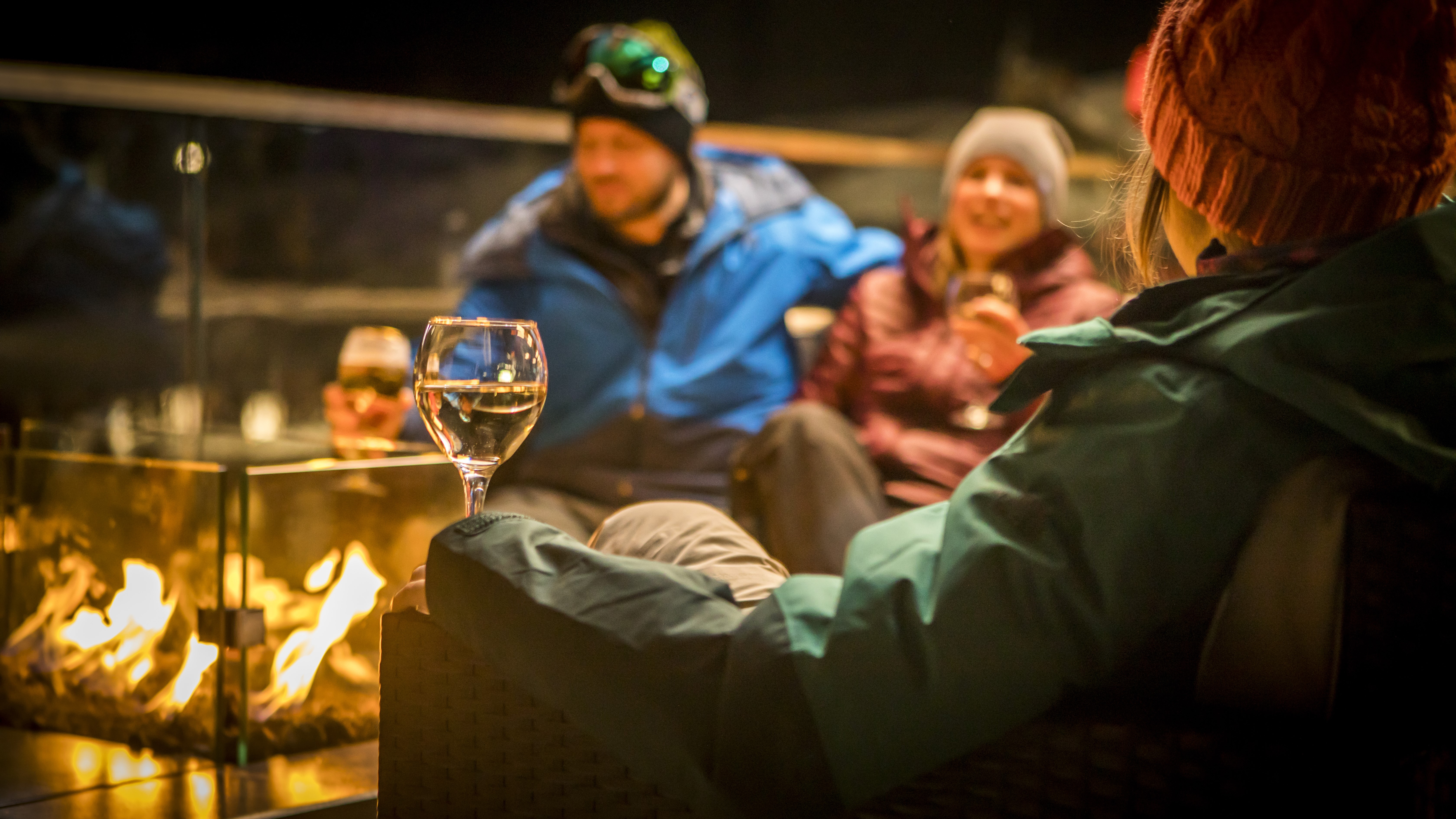
5. Community matters
Community and friendship matter wherever you live, but outside of mountain towns, you’re more likely to have an in-built network of family, colleagues and longtime friends. Resort communities are, by nature, remote places and very few ski bums successfully convince their parents and siblings to join them at a resort. At certain times of year, resort life can feel really isolated if you haven’t made a point to build a support network, and good friends can be the difference between life and death.
After I tore my ACL skiing and had surgery to repair my knee, I’m not sure I would have survived without the dozens of people that rallied around me to drive me to appointments, bring me meals and provide company. Many people are living right on the edge in mountain towns and it doesn’t take much for them to fall between the cracks and need a lifeline. Living in a resort community taught me the value of friendship and checking in on your neighbors, another thing that had eluded me growing up in a city.
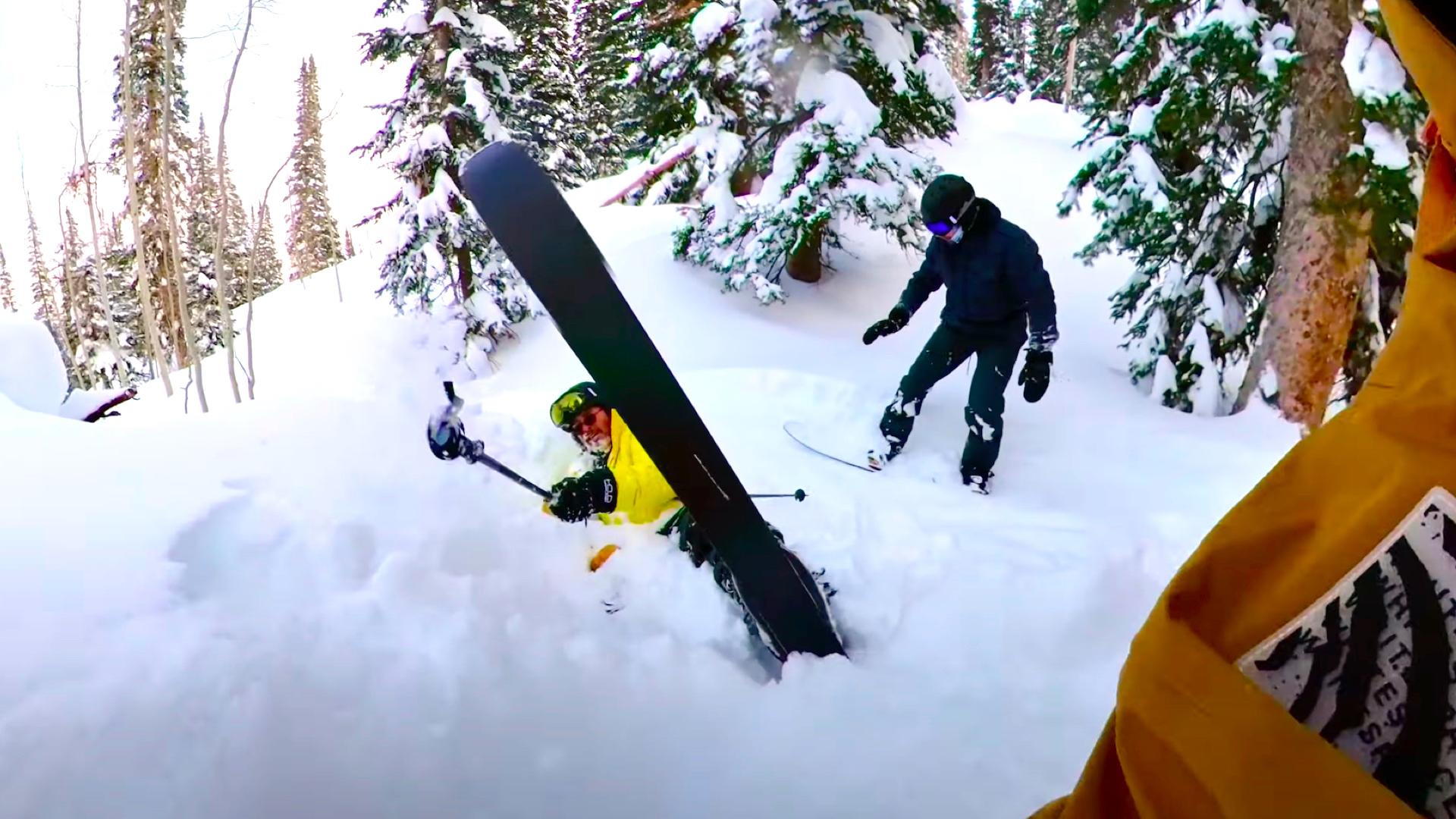
6. Nature is anything but futile
I wasn’t new to the outdoors when I moved to Colorado. I’d grown up hiking, climbing and kayaking in Scotland, trekked across Lapland aged 16 and lived in Vermont after college where I skied and hiked every week. But in general, my outdoors experience had remained pretty much within my comfort zone.
When I got to the Rockies, however, I discovered a thrilling and slightly scary truth: nature is trying to eat you alive. Whether it’s avalanche risk in the backcountry, skier traffic on I-70, white water rapids on the river, or mountain lions and bears in the backcountry, you get a very realistic sense of your place in the pecking order.
I had to pick up a lot of skills, fast (avalanche safety, how to use bear spray, where not to pitch a tent) in order to try to stay alive, but I also learned reverence for the mountains, how to respect nature and not put others in danger in my pursuit of adventure.
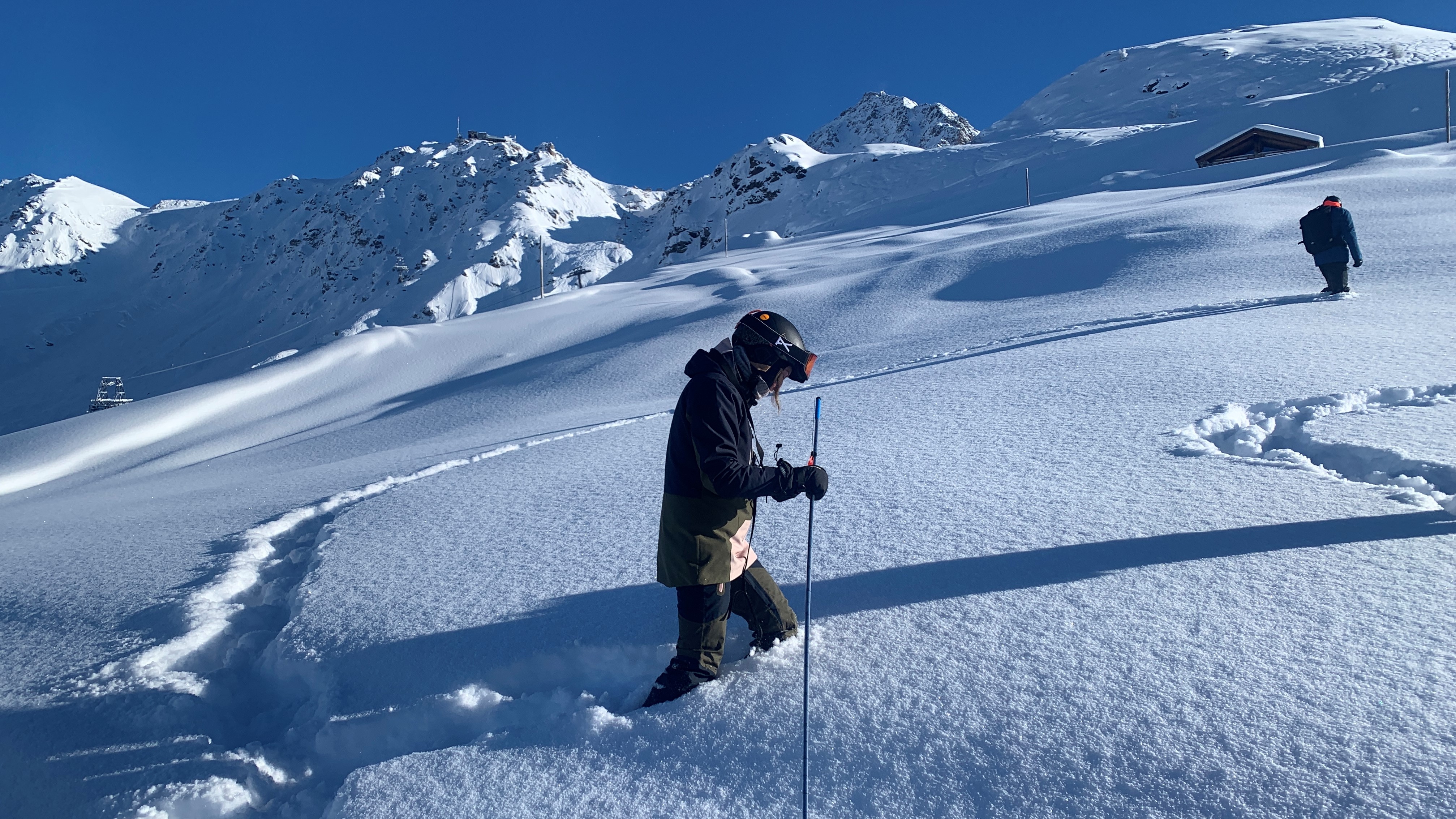
7. The best adventures happen off the resort
Though it’s often the incredible access a resort offers you to big mountains, from the toasty gondolas whisking you up thousands of feet in mere minutes to the avalanche control that keeps the slopes pretty safe, for me, resort skiing lost its appeal over the years. The price for all that access is full parking lots, long lift lines and crowded slopes.
After a couple of years, I got my first pair of snowshoes and started heading out on hikes with friends when the resort was busy. A couple of years after that, I tried skinning and fell in love with backcountry skiing, where I could marry my love of aerobic activity with downhill skiing.
Before I knew it, it had been years since I’d even bothered getting a ski pass. My best adventures took place in the quiet of the backcountry, away from the music and heated sidewalks of the resort, with acres of untouched powder. Many people say they came to a ski resort for the winter and stayed for the summer, but I think I came for the resort and stayed for the backcountry.
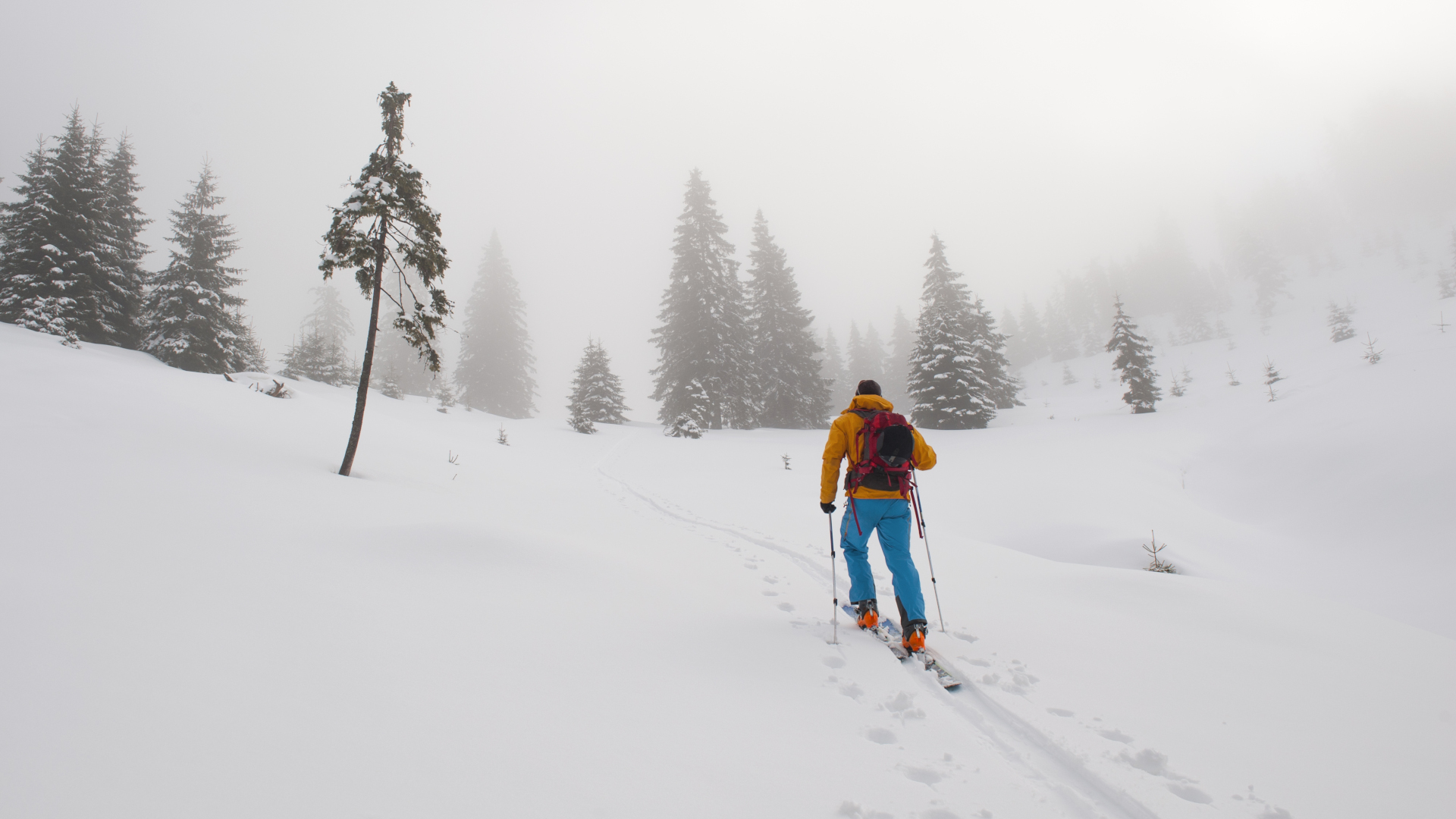
8. Life is too short for regrets
After 11 years, I did finally decide resort life was no longer for me, left my mountain town and returned to the city. I’d undergone a couple of knee surgeries and a broken shoulder over the years and I was tired of working quite so hard, the constant road closures and living hours from the nearest international airport. I’ve never been happier since I moved back to Scotland. All of that said, I don’t regret a single moment of my mountain adventure.
My years in a ski town taught me to value time in nature, friendship and experiences more than career, money and status and I’ll never lose that mindset. I got to travel the world during my off-seasons and now I know how to stay safe in the mountains. My wealth of outdoor experience ultimately helped me land my dream job at Advnture. If you’re thinking about quitting your job and moving to a ski town, I can’t recommend it enough.
A couple of months before I moved to Vail, the legendary ski filmmaker Warren Miller wrote an Op-Ed piece titled “Quit your job and go skiing.” In it, he writes “If you don’t do it this year you’ll be one year older when you do.” And you know what? The man's got a point.


